Monetary policy is a powerful tool that central banks wield to influence the overall health and stability of an economy, with significant implications for investors and financial markets. It involves the management of a nation's money supply, interest rates, and credit conditions to achieve specific economic objectives. In this article, we will delve into what monetary policy is, its objectives, tools, and its profound impact on investment decisions and market dynamics.
Defining Monetary Policy:
Monetary policy is the set of actions and measures taken by a country's central bank to regulate the money supply and interest rates in the economy. Its primary aim is to achieve macroeconomic objectives, such as price stability, full employment, and sustainable economic growth.
Objectives of Monetary Policy:
Monetary policy is designed to achieve a combination of the following key objectives:
1. Price Stability: One of the primary goals is to control inflation and maintain stable prices, ensuring that the purchasing power of a country's currency is preserved.
2. Full Employment: Central banks aim to promote maximum sustainable employment within an economy by influencing aggregate demand.
3. Economic Growth: Monetary policy can stimulate or moderate economic growth by influencing borrowing costs and consumer spending.
4. Interest Rate Stability: Maintaining stable interest rates is crucial for ensuring financial market stability and investor confidence.
Tools of Monetary Policy:
Central banks use various tools to implement monetary policy. The most common tools include:
1. Interest Rates: Central banks can adjust short-term interest rates, such as the federal funds rate in the United States, to influence borrowing costs for businesses and consumers.
2. Open Market Operations: Central banks buy or sell government securities in the open market to increase or decrease the money supply, impacting interest rates.
3. Reserve Requirements: Central banks can change the percentage of deposits that banks are required to hold as reserves, affecting the lending capacity of commercial banks.
4. Forward Guidance: Central banks communicate their intentions regarding future monetary policy decisions to guide market expectations and influence behavior.
5. Asset Purchases (Quantitative Easing): Central banks can purchase various assets, such as government bonds or mortgage-backed securities, to inject liquidity into financial markets and lower long-term interest rates.
Impact on Investment:
Monetary policy has significant implications for investors and financial markets:
1. Interest Rates: Changes in interest rates directly affect the returns on fixed-income investments, such as bonds and savings accounts. Investors must consider central bank policies when making investment decisions in these asset classes.
2. Equity Markets: Monetary policy can influence stock prices by affecting corporate borrowing costs and consumer spending. Lower interest rates often lead to higher stock valuations, while rate hikes can put downward pressure on equity prices.
3. Currency Markets: Changes in interest rates and monetary policy can impact exchange rates, affecting the returns on international investments and the competitiveness of exports.
4. Commodities: The value of commodities, particularly those denominated in U.S. dollars, can be influenced by changes in currency values resulting from monetary policy actions.
5. Risk Appetite: Investor sentiment and risk appetite can be influenced by central bank policies. Accommodative policies may encourage risk-taking, while tightening measures can lead to risk aversion.
Challenges and Considerations:
While monetary policy plays a crucial role in managing the economy, it also presents challenges and considerations for investors:
1. Uncertainty: Central banks' decisions are often data-dependent and can be difficult to predict. Investors must stay informed about economic indicators and central bank communications.
2. Interest Rate Risk: Changes in interest rates can have a significant impact on the value of fixed-income investments, potentially leading to interest rate risk for bondholders.
3. Asset Bubbles: Aggressive monetary policies, such as prolonged low-interest rates, can contribute to asset bubbles, which pose risks to investors.
4. Inflation Concerns: Accommodative policies may raise concerns about future inflation, which can erode the purchasing power of investment returns.
In conclusion, monetary policy is a fundamental driver of economic conditions and financial market dynamics. Investors must closely monitor central bank actions and policies, as they can significantly impact investment decisions, asset prices, and portfolio performance. Understanding the goals, tools, and implications of monetary policy is crucial for investors seeking to navigate the complexities of financial markets and make informed investment choices.

